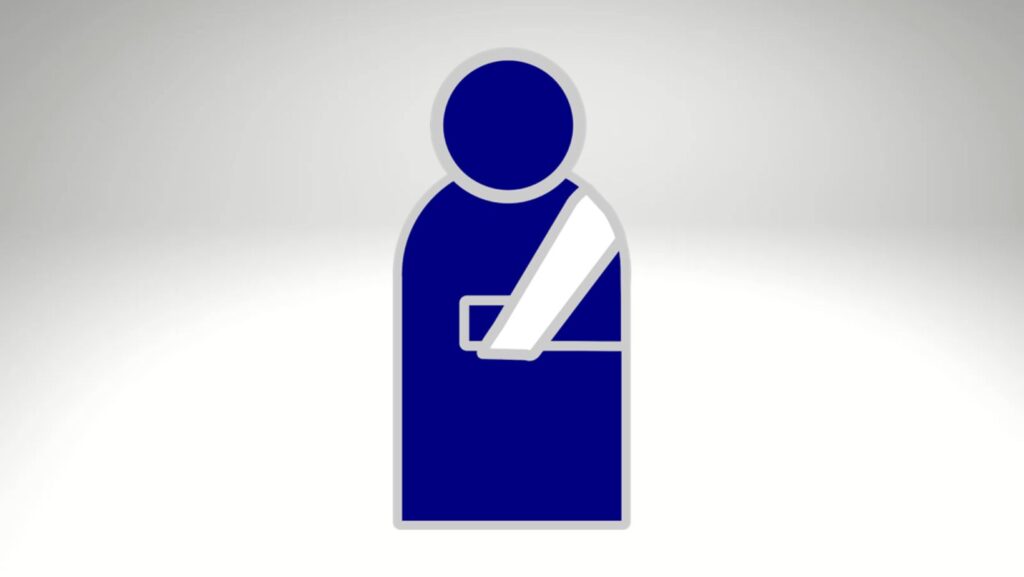Building a strong personal injury case requires careful planning, thorough documentation, and strategic legal insight. Whether you’ve been involved in a car accident, suffered a slip and fall, or experienced a workplace injury, understanding the broader legal framework and the specific steps necessary to protect your rights is essential.
This guide aims to provide valuable expert tips that will not only help you present a compelling case but also navigate the complexities of the legal system. By following these guidelines, you’ll be equipped to make informed decisions and enhance your chances of securing the compensation you deserve.
Document Everything
In personal injury cases, meticulous documentation is key. From the moment the incident occurs, it’s essential to gather and record all pertinent information. This includes taking photographs of the accident scene, noting the contact information of witnesses, and obtaining any police reports or medical records. The goal is to create a comprehensive record of events that can provide clarity and support your claims. Always keep a personal journal detailing your injuries, treatments, and how they affect your daily life. This documentation can prove invaluable later in the legal process.
Additionally, maintaining organized files of all associated medical bills, treatment plans, and correspondence with insurance companies is imperative. The more evidence you collect regarding the extent and impact of your injuries, the stronger your case will be. Legal representatives often stress the importance of demonstrating not just the injury but how it disrupts your ability to function. Having thorough records allows for a clearer picture of the damages incurred, helping to substantiate your compensation claim.
Consult with an Experienced Attorney
Engaging an experienced personal injury attorney is one of the most effective steps you can take. Legal professionals can guide you through the complexities of personal injury law, ensuring that you meet all necessary deadlines and procedural requirements. An attorney will conduct a thorough investigation of your case, gather evidence, and establish the best strategy for pursuing your claim. Their expertise can help alleviate the stress of navigating the legal system.

An attorney serves as a crucial advocate in negotiations with insurance companies and opposing parties. Many people underestimate the intricacies involved in settlements, often leading to unfair offers. A skilled attorney will work diligently to ensure you receive fair compensation, leveraging their knowledge of similar cases and legal precedents. To quote Matthew Trapani, Attorney, the consequences of a personal injury accident can be life-changing, and a well-prepared legal team is essential to achieving the best possible outcome. Also, most personal injury attorneys work on a contingency basis, meaning they only receive payment if your case is successful. This arrangement provides additional reassurance that your attorney will be fully invested in securing a favorable outcome.
Seek Medical Attention Promptly
Prompt medical attention is crucial following any injury. Not only does it ensure your health and well-being, but it also serves as an essential element of your case. Delaying medical treatment can complicate your recovery and signal to insurers that your injuries might not be as serious as claimed. It is vital to document all medical visits and follow up on recommended treatments. This not only aids your physical recovery but also strengthens your case by providing a clear timeline of your medical condition.
Your medical records will become key evidence in demonstrating the extent of your injuries and the necessary treatments incurred. This documentation is critical for establishing the link between the accident and your injuries. Ensure that you communicate openly with healthcare providers about your symptoms and the circumstances surrounding your injury. This transparency allows for better treatment and fortifies your claim with more detailed medical documentation.
Understand Your Rights
Educating yourself about your legal rights is fundamental when pursuing a personal injury case. Many individuals are unaware of their entitlement to compensation beyond just immediate medical expenses. Understanding the parameters of liability can help you navigate potential settlements and legal actions more effectively. Different jurisdictions may have varying laws surrounding personal injuries, so familiarizing yourself with local regulations is beneficial.
Knowing your rights in settlement negotiations can empower you during the process. Insurance companies often attempt to settle quickly, which may not adequately reflect the damages incurred.

You have the right to negotiate and pursue full compensation for medical bills, lost wages, pain, and suffering. Consulting with a legal professional can enhance your understanding of these rights and strategies to ensure you do not settle for less than you deserve.
Gather Witness Statements
Witness testimonies can significantly bolster your personal injury case. They can provide an unbiased perspective on the incident, which is invaluable when establishing fault or clarifying details of the event. After an incident, identify and approach potential witnesses as soon as possible to gather their accounts while memories are fresh. Document their statements in detail and, if possible, obtain written or audio recordings to provide further authenticity to their accounts. Including witness statements can create a more compelling narrative that supports your version of events.
Building a strong personal injury case is a multifaceted process that requires diligence, organization, and expert guidance. By meticulously documenting every aspect of the incident, consulting with experienced legal professionals, seeking prompt medical attention, understanding your rights, and gathering supportive witness statements, you lay the groundwork for a compelling case.
Navigating the complexities of personal injury law can be daunting, but with careful preparation and a proactive approach, you can enhance your chances of achieving fair compensation for your injuries. Remember, the road to recovery and justice often requires persistence, but the effort you invest in bolstering your case is essential to ensuring your rights are protected.
